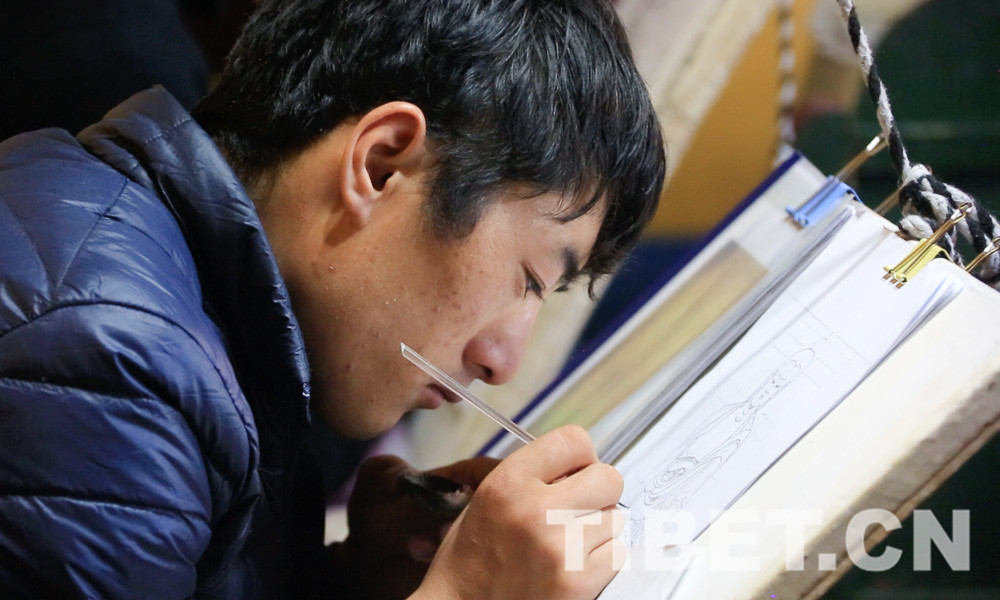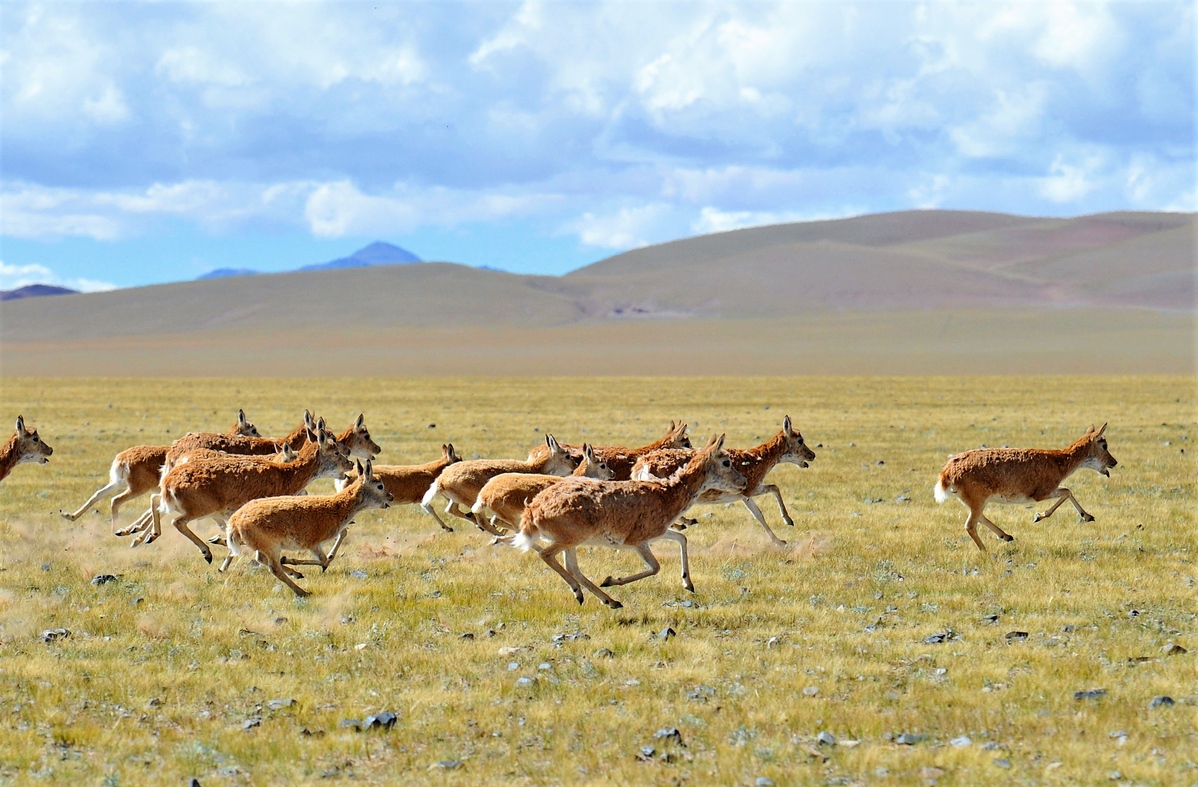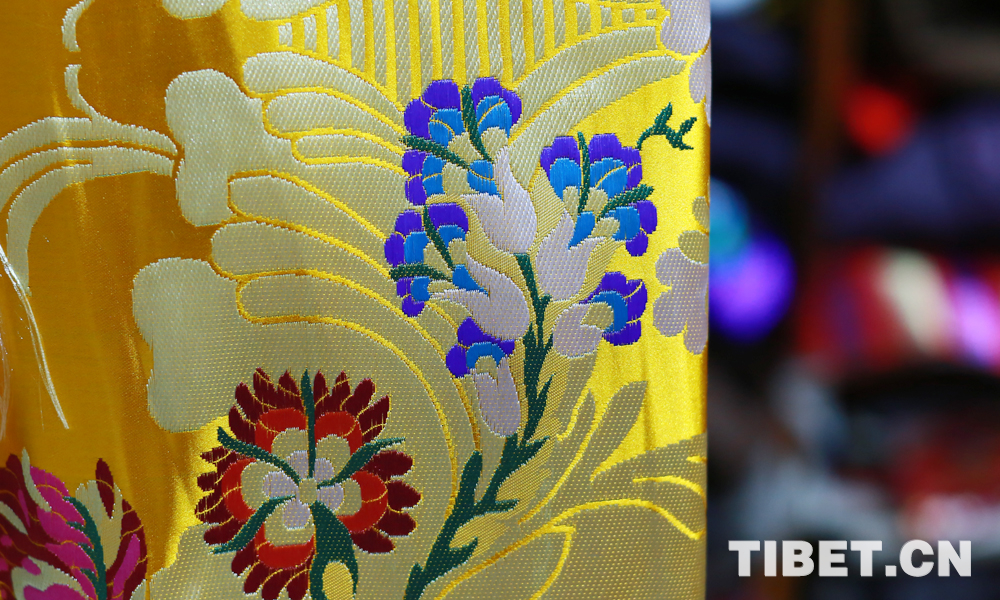A Tibetan serf, yesterday and today
Since 1959, the freed serfs in China's Tibet autonomous region have experienced tremendous improvements, reflected in microcosm with changes in the family of the 82-year-old Dawa, according to a report by Tibet Daily on Tuesday.
Dawa lives in the Khezang village of Lhokha city in the Tibet autonomous region and is one of the few Tibetan serfs still alive today in the region, Tibet Daily reported on Tuesday.
Tibet practiced the feudal serf system until 1959. About one million serfs were freed since then, accounting for 95 percent of the region's population at that time according to data from the Tibet Academy of Social Sciences.
Dawa used to be a serf of Khezang Manor, was one of the six manors of Sokhang Wangchen Gelek – an official, or kalon, of the local Kasha regime.
Born in 1937, Dawa's village was the first in the region to benefit from the region's democratic reform movement in 1959, and Dawa has become one of the last witnesses to the dark system still alive today.
"I began to work as a serf in the manor when I was only eight, and I suffered a lot doing different kinds of heavy work," Dawa said.
The 82-year-old said if her family did not hand in enough crops to the manor, the owner would withdraw the land they rented, and they would become beggars.
"Our living condition was terrible, we lived in a dark small dirt cottage, the only family appliances were a small table, a tea pot and some bowls," she said.
After the democratic reform in 1959, her family was given 1.27 hectares of land. Land titles and debt notes were all burnt, and all the harvest of the land belonged to her family.
In the six decades since the democratic reform, the overall living condition of the people in the region has seen breathtaking changes.
In 2018, Dawa's family made about 100,000 yuan ($14,900) of annual income, and also bought a sport-utility vehicle.
"It makes life more convenient, since we always drive to the streets and have picnics in the remote areas with a car."
Tibet Stories

Sincere hearts of thangka artists
“Some students who study thangka are flighty and impetuous. So I hope that we can prolong t...
Editor’s Choice
- Senior CPC official meets Panchen Lama
- Chinese archaeologist working on Third Pole to discover ancient human traces
- Employment rate of college graduates from Tibetan-inhabited areas of Qinghai reached 90% in 2018
- Water level of Qinghai Lake rises by 2.5m in a dozen of years
- Observe weather on "the roof of the world"
Latest News
- Egypt uncovers intact 4,400-year-old pharaonic tomb near Giza pyramids
- UN climate conference adopts rulebook for implementing Paris deal
- Service of Chinese Americans in World War II to be formally recognized
- Germany suffers severe Santa shortage as Christmas draws near
- 7-year-old in good health, border agents said; then she died






